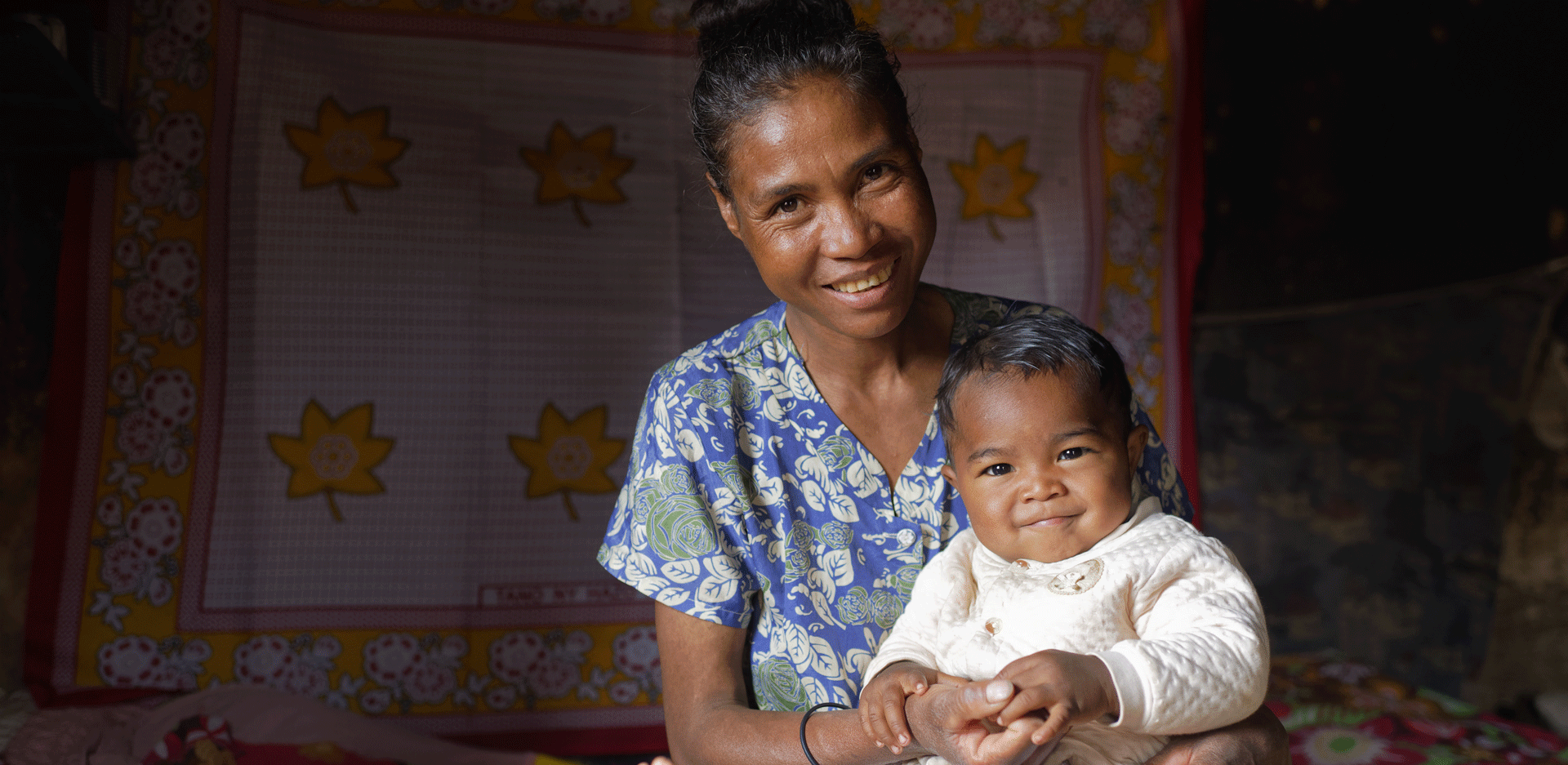Journal article
Feb 13 2023

Cross-sectional multimedia audit reveals a multinational commercial milk formula industry circumventing the Philippine Milk Code with misinformation, manipulation, and cross-promotion campaigns
This study employed a cross-sectional multimedia audit to examine the marketing and promotion of products under the scope of the Code, as well as those regulated by the Philippine Milk Code.
Guide/Manual
Feb 09 2022
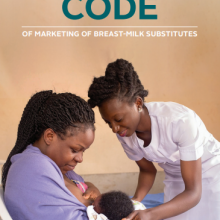
A Quick Guide: The International Code of Marketing for Breast-milk Substitutes
Updated February 2022!
This quick guide summarizes the International Code of Marketing of Breast-milk Substitutes (The Code) and relevant resolutions of the World Health Assembly that help protect breastfeeding around the globe.
Journal article
Oct 28 2021

Breastfeeding, first-food systems and corporate power: a case study on the market and political practices of the transnational baby food industry and public health resistance in the Philippines (Baker P., 2021. Globalization and Health)
This case study uses the Philippines' history and advocacy environment around breastfeeding and commercial milk formula marketing to understand the worldwide battle for code implementation.
Brief
Oct 26 2021
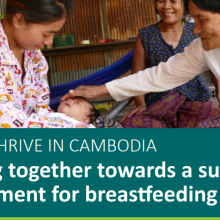
Country Brief: Alive & Thrive in Cambodia
In Cambodia, A&T works to accelerate progress toward the Ministry of Health’s maternal, infant and young child nutrition (MIYCN) goals through strategic partnerships and the provision of evidence-based guidance and technical assistance.
Presentation
May 16 2021
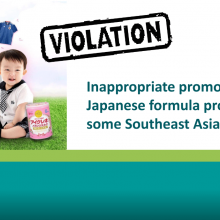
Inappropriate promotion of Japanese formula products in Southeast Asia countries
This slidedeck highlights the findings of a survey of violations of the BMS Code by Japanese companies across Southeast Asia. The survey was conducted by the Southeast Asia office of Alive & Thrive in 2018.
Report
May 06 2021
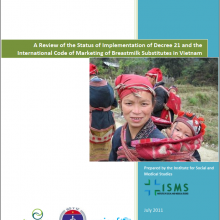
Review of Status of BMS Code Implementation in Vietnam
Adopted in 2006, Decree 21 on the Trade and Use of Nutrition Products for Young Children aims to promote optimal breastfeeding practices by limiting how and where breastmilk substitutes and other nutrition products for young children can be promoted.
